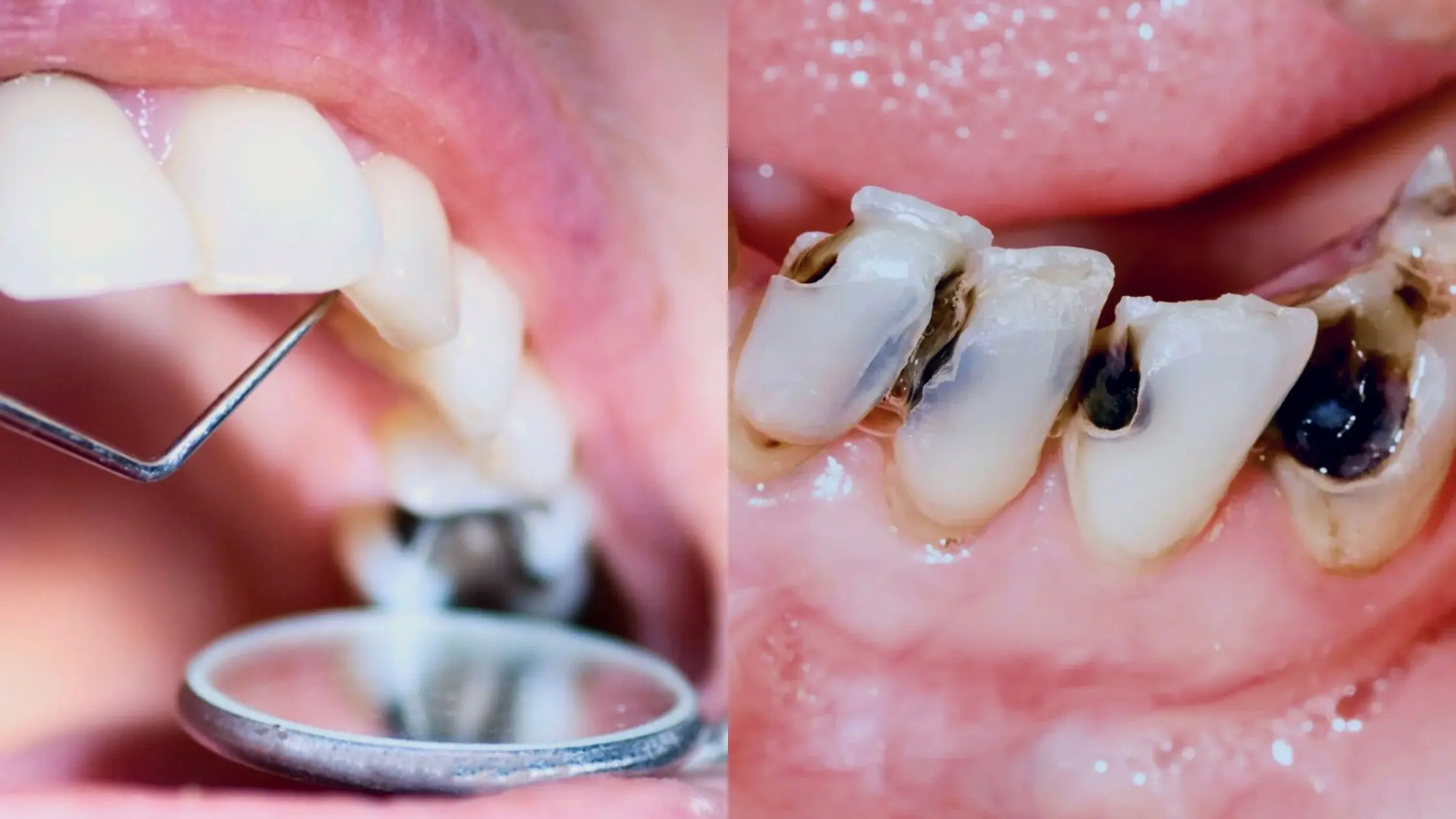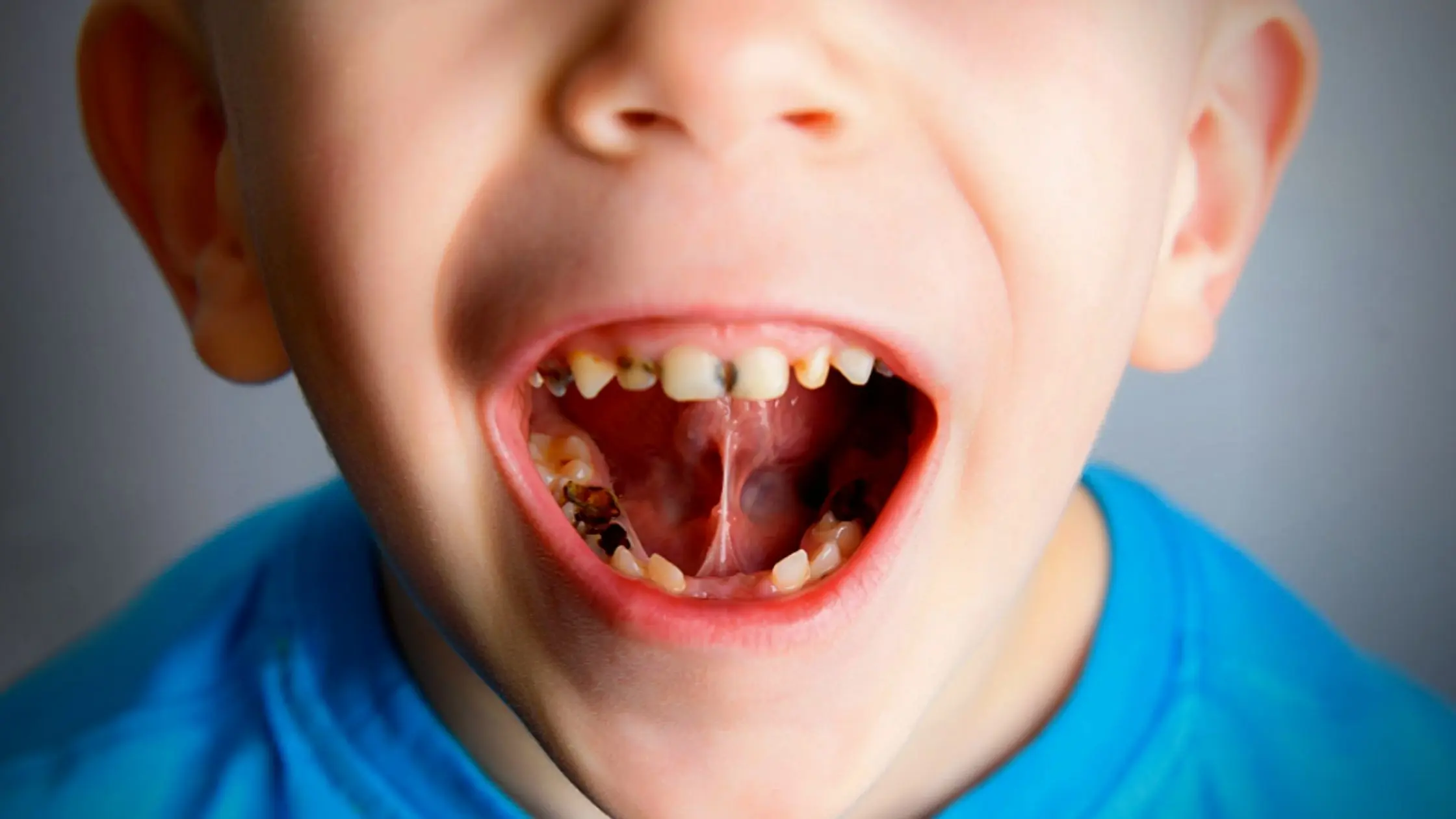Tooth decay has been one of the major concerns of this generation. This is because our food habits and our entire lifestyle have changed simultaneously over time. The only beneficiaries of this condition are the professionals working in dentistry.
To an extent, the pharmaceutical industry might also be benefitting from this. However, you will only be benefited if you abstain from continuous sugar intake and other such habits that eventually ruin the surface of your teeth (enamel).
Causes Of Tooth Decay
Tooth decay often leads to creating cavities, and causing serious damage to the tooth. However, there are several reasons behind this and they are discussed below:

The beginning stage of tooth decay is often married by the formation of bacteria in your mouth, that are capable to eat the enamel of your teeth. The hole resulting from the bacteria attack is called a cavity.
Once identified, a cavity should be treated as soon as possible because, if it is neglected, then it might even lead to tooth loss.
The formation of dental plaque is somewhat similar to the formation of bacteria. However, here the attack is carried over by the acids in the plaque. It creates tiny holes in the outer enamel which eventually reaches the inner layer of the tooth, called dentin.
Frequent intake of free sugars and acidic foods may also lead to the development of dental caries. When you take sugar, it can get metabolized by the bacteria in the mouth which produced acid that demineralizes both enamel and dentine.
Daily brushing and flossing help, to an extent, in keeping the bacteria at bay. But, if you skip these daily practices, it can result in oral infections including gum ailments and cavity formation. However, these situations can be avoided with frequent dental check-ups.
Individuals with dry mouths are more prone to experience tooth decay. This is because the bacteria formed in the mouth will easily come in contact with the tooth without any barrier, thereby causing increased vulnerability to tooth decay. Normally, it is saliva that acts as a thin layer to protect the tooth from bacterial infection.
Even if you are an individual who is good at ensuring oral hygiene by regularly brushing and flossing your teeth, frequently going for dental check-ups, and keeping an eye on your food habit, you might still be diagnosed with cavities, and the reason could be your genetics. In such cases, bacteria will succeed in dissolving your enamel with much less effort.
What Are The Signs Of Tooth Decay?
During the initial stage of tooth decay, it might not be easy to spot a cavity. However, it will eventually start to cause immense pain when the cavity reaches the dentin, which is weaker when compared to the hard-core enamel.
In addition to the pain, there are several symptoms of tooth decay, such as:
Conclusion
Tooth decay is not a condition that is to be neglected, Instead, it should be treated with the utmost care. In case, proper oral care is not followed, it might end up causing severe pain.
This is why people say that prevention is better than cure. However, when tooth decay is noticed, you better seek professional dental care than attempt to cure it by yourself.

